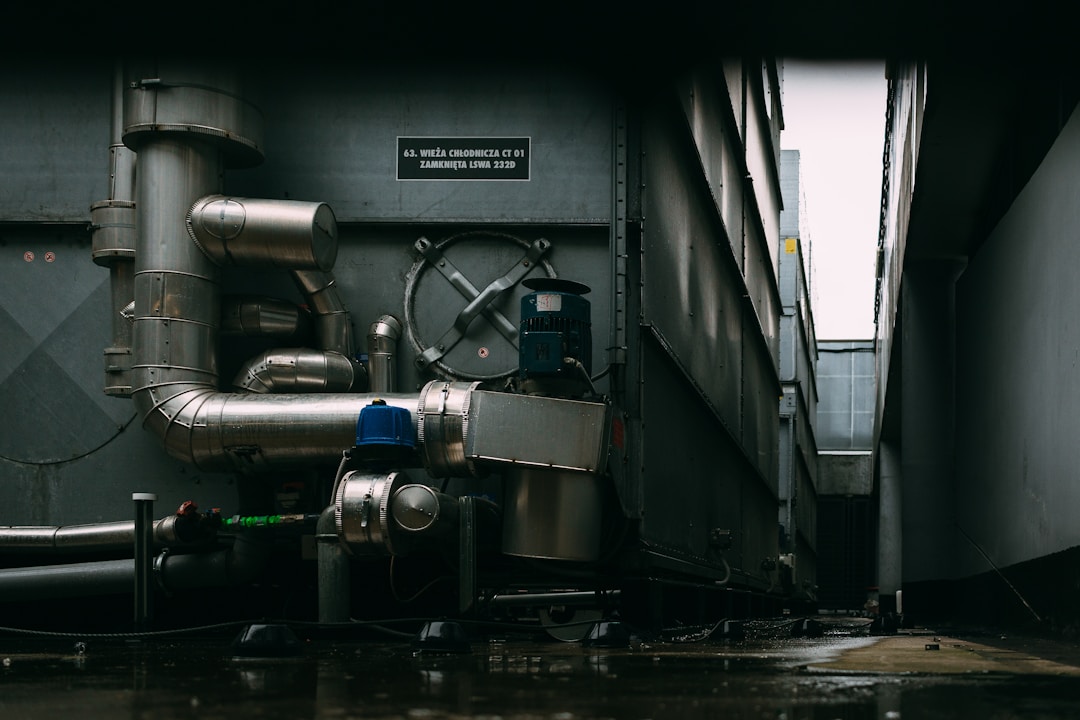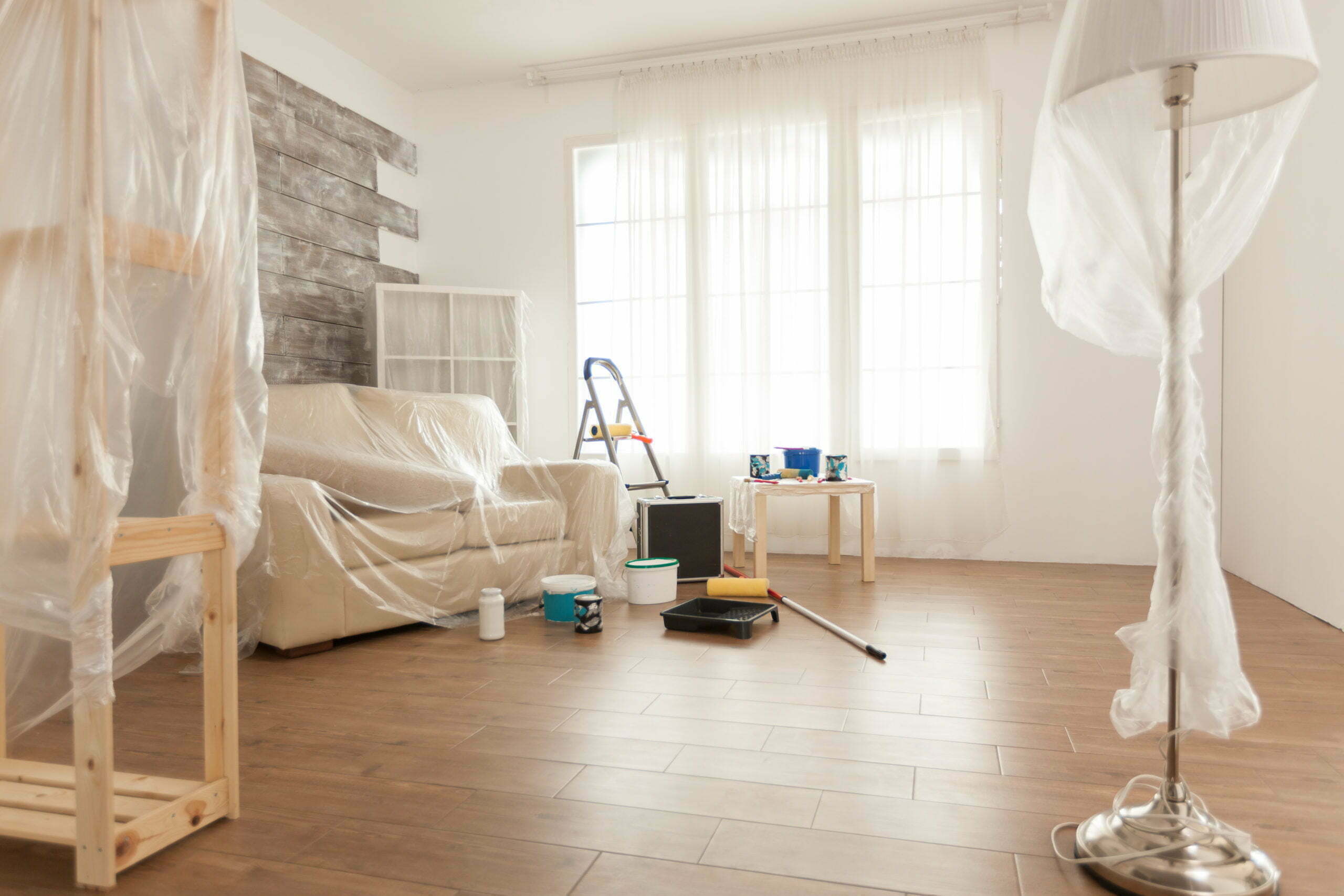As the temperature drops, it’s important to make sure that your home’s heating system and boiler are at their peak, ready to deal with whatever Mother Nature has to throw your way the next few months. If you noticed issues with your system last winter, it’s important to bring in a technician to assess the status of your current system before the outdoor temperature really gets too frigid. Here are some things you may need to keep in mind to maintain, repair, or even replace your boiler.
Assess your current boiler.

When it comes to home heating and plumbing, your boiler is at the core of keeping you warm. That’s why an efficient boiler is a must-have as winter approaches. If you have dealt with breakdowns recently, you may be weighing repair and replacement of your unit. When evaluating your system, consider its age. A boiler should serve you for at least 10 years. If your unit is older than that, you may have noticed more issues recently. If the repairs are becoming far more frequent, it may be a good idea to invest in a new boiler rather than keep having to spend on bringing a technician in to correct faults.
Rather than having a professional tech make fixes to your old system, ask their advice on the new boiler you purchase for your household. This is one of the best ways to make sure you are going with the best choice for your home heating. After all, if you’re dealing with frequent failures and bills to replace parts, it may be weighing on you much more than bringing an installer in to set up another gas boiler or different type of water heater.
Monitor your energy bill.

In order to get the most of your water heater or other systems, you want to make sure that it’s working for you. If you notice that it’s taking longer to heat up a bath, or that your thermostat isn’t matching the actual temperature, you could have problems. An easy way to spot the issue is to check your monthly energy bill. Your energy bill is usually higher during the winter months because of a reliance on a heating system more than usual. However, if you notice it’s abnormally higher than usual, with no change in your utility’s rates or energy usage, there could be undue pressure on a unit that is wasting energy.
High-efficiency boilers have become more available than ever to homeowners. Furnaces and boilers can be retrofitted to increase their efficiency. These upgrades improve the safety and efficiency of otherwise sound older systems. A technician can make you aware of these energy-friendly units that are designed to heat water as needed, rather than relying on storage, saving on your water and energy bills alike.
Make sure to stay on top of routine maintenance.

Regardless of the age of your boiler, the type you have, or whether or not it came with the house, regular maintenance is important. A boiler benefits from an annual inspection from a certified technician. If you have had a new boiler installed, it’s in your best interest to have it serviced by the person or company that installed the unit. Be sure to regularly flush out the unit to remove any debris that could be preventing hot water from heating up or even flowing.
Boiler and furnace cleaning can avoid any longstanding issues, catching the problem with these heating options well before they become absolute headaches and costly repairs. Water pipes and tanks should be monitored for any leaks, and the presence of any sediment should be kept track of to be sure that your home’s boiler gets you through what could be a wicked winter.






